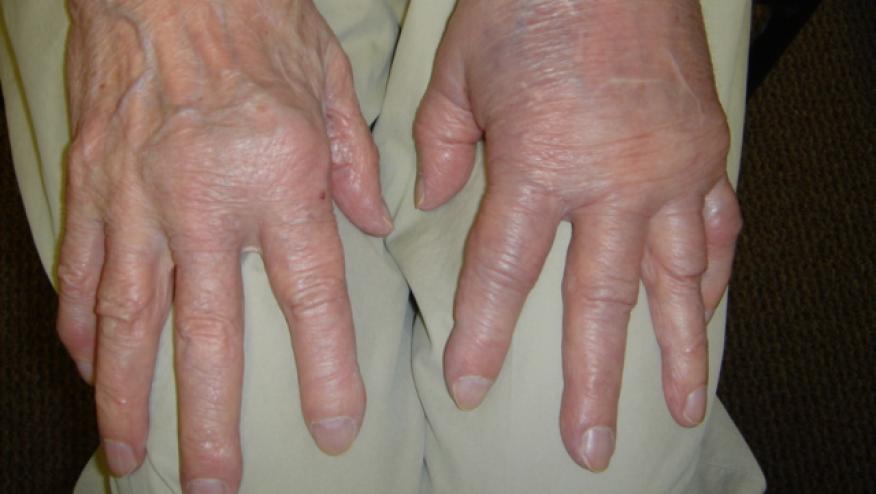ASCORE: Seropositivity Favors Abatacept Drug Survival Save

The ASCORE (Abatacept SubCutaneOus in Routine clinical practicE) study evaluated efficacy, safety, and drug retention (durability) of abatacept (ABA) moderate-to-severe rheumatoid arthritis (RA) and found consistently better ABA durability in those who were seropositive.
The study was an prospective, international, multicentre, open-label, observational study wherein subcutaneous ABA was given to 2956 RA patients who were either biologic-naïve (n=1198) or had failed ≥ 1 prior biologics (n=1694). The primary endpoint was ABA retention rate at 2 years.
At the end of 2 years 47% of patients remained on ABA. Retention was higher in biologic-naïve patients (51.7%), compared to those with ≥ 1 prior biologic treatment failure (45.6%), or those with ≥ 2 prior biologic treatment failures (43.2%).
But when you looked at the biologic naive population (1198), retention was greatest in the RF/ACPA double-positive RA population (57%) compared to the single positive (50%) and seronegative populations (37%).
The benefits of seropositivity were less pronounced in biologic-experienced RA patients on ABA, with better 2 year retention in double-positive patients (48%) compared to the single positive (42%) and seronegative populations (40%).
In general there were more patients with low disease activity/remission in biologic-naïve cohort. Nonetheless, at 2 years, good/moderate EULAR response rates of ~ 80% were seen, irrespective of prior biologic exposure.
The clinical utility of seropositivity (especially double-positive) was most pronounced in biologic-naive RA patients being treated with ABA.










If you are a health practitioner, you may Login/Register to comment.
Due to the nature of these comment forums, only health practitioners are allowed to comment at this time.